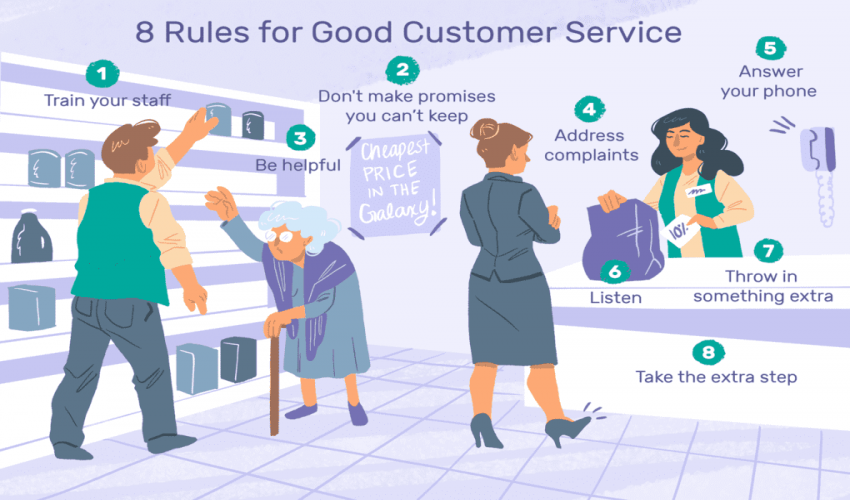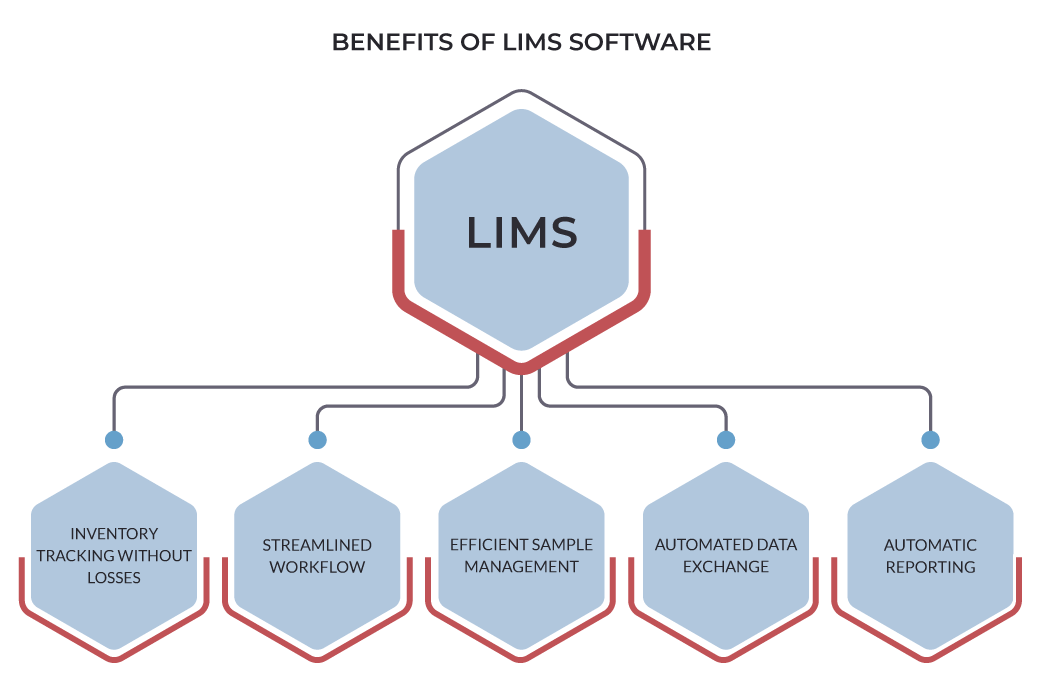Banking and Finance
34
To Keep Your Clients Satisfied, Should You Allow Workers Breach the Rules?
- Rating
- services
- clients
- automation
- customer
- behavior
- dealing
- frontline
Technology is being relied on more and more by businesses to carry out routine tasks in a consistent manner. Consistent and efficient service delivery is enabled by things like McDonald's self-order kiosks, bank mobile applications for check deposits, and FAQ chatbots. From mobile coffee orders to internet returns, most customer service interactions in one's daily life are uncomplicated and easy.
Nevertheless, these methods aren't always sufficient to satisfy customers' demands. Frontline people continue to play a crucial role in providing exceptional customer service despite the prevalence of technology, particularly when automation cannot assist in resolving complicated client problems. If a customer's problem is not resolved by a virtual agent, for instance, they can contact for human technical assistance.
In addition, many consumers have one-of-a-kind issues or peculiar requests. Hence, employees face complex scenarios in which they may struggle to aid or please a client while adhering to the norms and regulations set forth by their employer. In reality, service workers may confront a conundrum: what should they do if they encounter a circumstance in which they need to break, bend, or vary from a standard operating procedure in order to provide an amazing client experience and guarantee satisfaction?
We call this kind of conduct "pro-customer rule breaking," and it includes things like changing how services are delivered, sharing information in ways that go beyond established restrictions or scripts, or making unconventional use of available resources. A salesperson might agree to repair a product at no cost after the warranty has expired, an airline agent might help a passenger who missed their flight rebook another flight service at no additional cost, or a store manager might grant an extension to a customer requesting a return of a product that is a few days past the 15-day return policy.
Does service professionals' willingness to bend the rules in favor of the client assist forge lasting bonds with those customers? And might it serve as a competitive advantage for your business and boost patronage?
Justifications for (occasional) rule breaking by employees
Studies in services marketing reveal the benefits to customers when businesses bend the rules in their favor.
For most retail banking services, such as personal loans, merchant services, and payment services, bank staff are expected to adhere to a clear and well-established set of standard procedures and protocols. So, clients are quick to notice any deviation from the norm on the part of the service providers at their bank. Customers of retail banks said they felt obligated when their service provider went above and above to help them, such as by forgoing paperwork to speed up their service or by not charging them a tiny bank fee that was unreasonable.
In turn, consumer indebtedness was found to be positively related with "service friendship," or the relationship of trust and mutual benefit that develops between a client and a service provider. Consumers also view workers' rule violation that benefits them as selfless conduct, which can lead to a lopsided power dynamic in the workplace. Customers feel obligated to return the favor by increasing their product purchases and sticking with the bank in the future as a result of the positive interactions they've had with bank workers.
Similarly, while personnel in the luxury hotel business are expected to give consistent service, they also make an effort to create a positive impression on clients by catering to their unique needs. Customers in a high-end hotel restaurant reported higher levels of gratitude, loyalty, and satisfaction when service providers went above and above the "no free food" restriction by providing complimentary desserts or drinks that complemented the main course.
How Workers Feel About Violating Policies
Research in services marketing confirms that consumers like it when staff members break the rules to assist them out, and that this kind of rule breaking is met with positive results for the business. So how do workers who bend or break the rules to satisfy clients feel? Does rule violation in the interest of customers merely make workers feel bad about themselves? Alternatively it may have a positive effect on productivity in the workplace.
In our upcoming study for the Journal of Organizational Behavior, we set out to provide answers to these issues. As we see it, rule breaching by workers demonstrates their altruistic motivation to assist or better serve clients. Pro-customer rule breaking can benefit employees by satisfying their basic psychological requirements for autonomy, competence, and relatedness while dealing with difficult service situations.
Two studies showed that employees who disregarded the norm in this way experienced greater feelings of independence, competence, and empathy for their clients. These workers reported lower levels of emotional exhaustion and job dissatisfaction and were more open to providing feedback on how to enhance customer service policies and procedures. Our participants who broke rules to help customers did not report feeling any more guilt than those who did not. Previous studies have suggested that employees who breach rules feel sorry about it.
In what ways may this research be utilized inside your company? We propose three options.
Employee rule violation should be evaluated with care.
Pro-customer rule violation is typically seen as negative by managers and organizations and so actively discouraged. For example, in performance reviews, supervisors may penalize employees who break the rules on the assumption that their behavior was motivated only by greed or malice. Yet it's possible that's not the case. As a result, it's important to tread carefully when judging rule-breaking customer service practices.
Managers might, for instance, talk to staff members who disobey the rules to learn more about their motivations and how they feel about the consequences of their actions. Our findings show that employees whose rule-breaking is motivated by a desire to help customers report higher levels of job satisfaction and improved job attitudes. When assessing employees' rule violations, it is helpful to get their customers' perspectives if at all feasible. Consideration must be given to whether or not an employee's rule-breaking was motivated by a genuine desire to help customers.
Facilitate staff agency and adaptability by relaxing restrictions governing customer service.
It's important for businesses to recognize that rule-following personnel may face tensions while attempting to satisfy both the organization's standards for conduct and those of its consumers. Businesses might rethink job functions to give workers more discretion in how they interact with clients, or they could modify existing policies to be more pliable.
Several companies are well-known for providing such opportunities for its workers. Southwest Airlines, for one, encourages its staff to occasionally veer from the company's standard operating procedure in order to provide a more unique service for each individual passenger. Employees at the Ritz-Carlton are allowed to spend up to $2,000 per visitor per day without first obtaining approval from a manager in order to rectify any issues or provide the best possible service to customers. Employees may be deterred from thinking that rule violation is necessary to provide for consumers in unpredictable scenarios if they are given more autonomy and access to more resources.
Pay attention to the feedback of the people who are really providing the service.
Customers' requirements and tastes are always evolving, and frontline workers have plenty of opportunity to monitor this and notice when established practices no longer apply. They have the potential to propel improvements in customer service delivery. Managers may learn a lot from the events in which workers breach the rules, especially if the same rule has been broken frequently by different employees for pro-customer reasons, and this information is provided by the employees themselves. Employees may propose a 30-day return policy, for instance, if the current 15-day policy is seen as arbitrary and is adding to consumer unhappiness and operational inefficiencies.
Managers can consider making it a regular habit to talk with frontline personnel about difficult service scenarios they have faced and how they have managed them, in addition to having ad hoc dialogues. Employees will feel safer talking about negative experiences they've had on the front lines, admitting when they've broken the rules and why, and voicing any issues they have about policies and procedures.
The Downside of Disobeying the Rules
No, we are not trying to send the message that personnel should routinely breach the regulations when assisting consumers. According to our findings, participants perceived very modest negative consequences of rule infringement. Organizations should make it apparent to their workers why and how their rules are crucial for organizational success, especially in circumstances where the potential negative ramifications of rule violation are severe (such as safety-related standards in the health care industry). Without this, workers may breach a crucial regulation of the company, often for altruistic motives, if they believe it is insufficient or inappropriate to guarantee quality service to customers. Hence, the likelihood of rule violations by workers owing to a lack of or incorrect knowledge of the logic underpinning the rules should be reduced by effective communication and education regarding organizational rules.
It's also important to pay close attention to situations in which service providers bend over backwards for a select few demanding consumers. That is, in order to minimize client complaints, which are often a key measure of job success for service professionals, workers may be compelled to participate in rule violation in reaction to entitled customers who want preferential incentives, special treatment, and additional care. Rule breaking that is mostly motivated by customer demand but against employees' judgment can add stress to service personnel and harm their well-being, as opposed to pro-customer rule breaking that is primarily driven by one's own prosocial aim. That's why having a helpful manager is essential for satisfying consumers' entitlements. Managers may learn more about when and how employees may require their support by talking to them about occasions in which they broke company rules.
Leave a Reply
Your email address will not be published. Required fields are marked *


